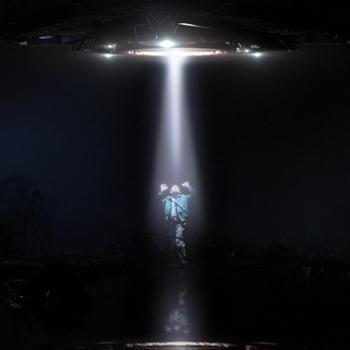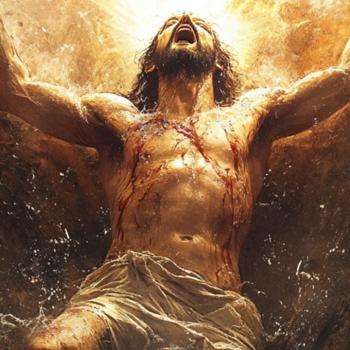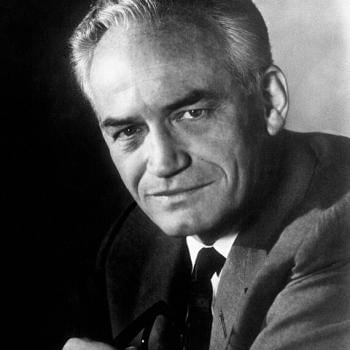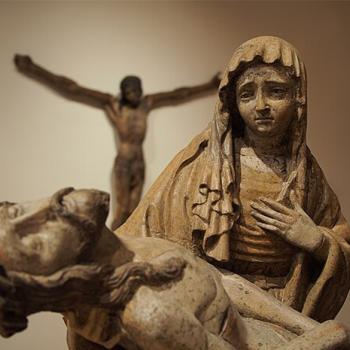The second objection against purgatory is that it is a manufactured second chance. If you don't really want to follow Christ, you can still get to heaven through the "backdoor." Yet Scripture is clear that spiritual mediocrity is unacceptable (cf. Rev. 3:15-16). Jesus calls for complete commitment. He is either Lord of all, or He isn't Lord at all. There is no second chance; we are either for Christ or against Him (cf. Lk. 11:23). The doctrine of purgatory seems to be an "end run." But Jesus said, "I am the way, and the truth, and the life; no one comes to the Father, but by me" (Jn. 14:6).
The third argument against the doctrine of purgatory flows from a main dogma of Protestant theology, sola scriptura ("the Bible alone"). After all, where in the Bible do we find purgatory? A quick word check in any concordance will demonstrate that the word is nowhere to be found in Scripture. There's no discussion of some third place between heaven and hell. Surely something as important as purgatory would be clearly taught in the pages of Scripture!
Purgatory also appears to be "guilty by association": The doctrine is caught up in the "Catholic collection" of the intercession of the saints, indulgences, the sacrifice of the Mass, and other items that are perceived as "unbiblical" and the fruit of mere human tradition. As Christ warns, "[F]or the sake of your tradition, you have made void the word of God" (Mt. 15:6).
These views are held by very sincere Christians, men and women with whom we are united in Baptism. Catholics have an obligation to take these issues seriously.
When I began to investigate the teaching of purgatory, I knew that it wasn't enough to simply ask, "Where in the Bible is purgatory?" As a Christian, the two most fundamental truths that I held were the Trinity -- three Persons in one God: Father, Son, and Holy Spirit -- and the Incarnation, that the eternal Son, at a point in history, took on human nature and became man like us in all things but sin. And yet the words "Trinity" and "Incarnation" were nowhere in Scripture. That is to say, the words weren't, but the teachings were.
I now needed to go to the Bible and examine whether the teaching of purgatory -- whether the word was there or not -- was to be found in the teachings of Christ and the apostles. I began to search the Gospels to see if Jesus gave any teachings concerning judgment or purification at the end of our earthly life. I began to see that several of Our Lord's teachings, far from disproving purgatory, seemed to point to the possibility that there might be some debt of justice that would be paid after our earthly life.
As Christ teaches about the importance of forgiveness, He gives the example of a king who wished to settle accounts with his slaves. He brought in a man who owed a great deal of money and forgave him the debt. The forgiven man in turn went out and met one of his fellow slaves, who owed him but a fraction of the amount, and demanded repayment. "The just king summoned his slave back and said,
‘You wicked servant! I forgave you all that debt because you besought me; and should not you have had mercy on your fellow servant, as I had mercy on you?' And in anger his lord delivered him to the jailers, till he should pay all his debt" (Mt. 18:32-34).
What was Jesus talking about? Scripture clearly teaches, "There is therefore now no condemnation for those who are in Christ Jesus" (Rom. 8:1). And yet Our Lord Himself gives the example of a man who had been forgiven, afterward acted unjustly, and finally was handed over to repay all that he owed.
Again in St. Luke's Gospel, Our Lord challenges His followers to make peace with one another, so that they will not be handed over to the magistrate who would throw them into prison: "I tell you, you will never get out till you have paid the very last copper" (Lk. 12:59; cf. Mt. 5:26). Christ calls the believer, who has passed out of condemnation -- the sentence of hell -- to live a life of justice, which will be exacted to the last cent. If this is not the case, then the teachings of Jesus make no sense. The Catholic teaching about purgatory is that if, at the end of a Christian's earthly life, this debt of justice was not satisfied, he shall be purified in purgatory before entering heaven. The teachings of Christ did not seem to contradict this. But lack of contradiction is still a long way from proof.
In St. Matthew's Gospel there is a tremendous confrontation between Christ and the Pharisees, in which they accuse Him of exercising authority over demons by the power of Beelzebul, the "prince of demons" (Mt. 12:24). Jesus then warns them of the sin against the Holy Spirit and states,
Therefore I tell you, every sin and blasphemy will be forgiven men, but the blasphemy against the Spirit will not be forgiven. And whoever says a word against the Son of man will be forgiven; but whoever speaks against the Holy Spirit will not be forgiven, either in this age or in the age to come (Mt. 12:31-32).




